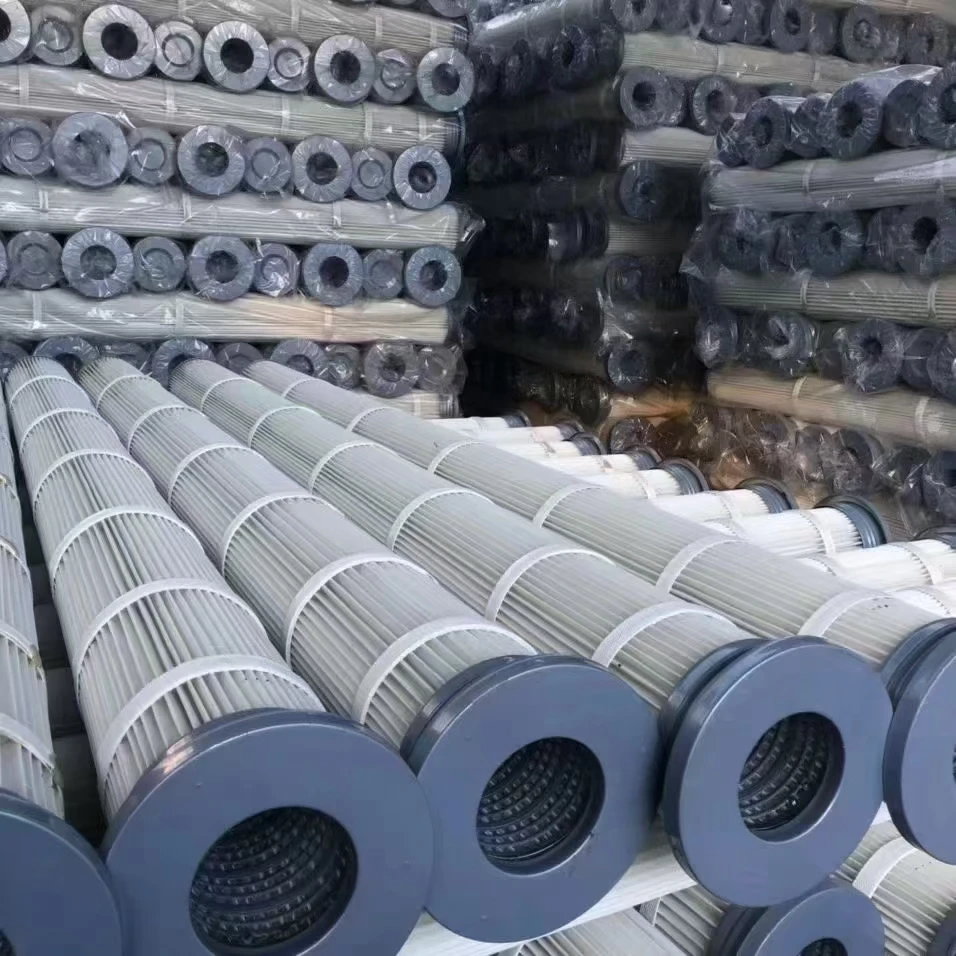 Tel:
+8615930870079
Tel:
+8615930870079
Déc . 03, 2024 14:55 Back to list
metal filter element
Understanding Metal Filter Elements Essential Components in Filtration Technology
In a world increasingly driven by industrial processes, the demand for efficient filtration systems has never been higher. One of the key components in advanced filtration technology is the metal filter element. These specialized filters have revolutionized various industries by offering superior filtration performance, longevity, and versatility over traditional filtration media.
What is a Metal Filter Element?
A metal filter element is a filtration device constructed from various types of metals, such as stainless steel, carbon steel, or specialized alloys. These elements are designed to remove unwanted particles from liquids and gases in various applications including automotive, aerospace, food processing, chemical manufacturing, and water treatment. Unlike traditional filters made from paper or synthetic materials, metal filter elements are durable, reusable, and capable of withstanding extreme temperatures and pressures.
Advantages of Metal Filter Elements
1. Durability Metal filter elements are designed to endure harsh environments. Their robust construction allows them to resist mechanical wear and chemical corrosion, making them suitable for applications involving aggressive fluids or gases.
2. High Filtration Efficiency Metal filters can achieve high filtration efficiencies, capturing particles as small as a few microns. This level of precision is crucial in industries such as pharmaceuticals and microelectronics, where contamination can lead to significant quality issues.
3. Reusability and Cost-Effectiveness Many metal filter elements are designed to be cleaned and reused, unlike disposable filters which contribute to waste and ongoing costs. This reusability can lead to significant savings over time, as companies can maintain the same filter for years with proper care and cleaning processes.
4. Versatile Applications Metal filter elements are versatile and can be designed to meet specific filtration requirements. They can be configured in various shapes and sizes, including pleated, cylindrical, and flat formats, depending on the needs of the application.
5. High Flow Rates Due to their structural integrity and efficient design, metal filter elements can facilitate high flow rates, which is often necessary in industrial processes. This characteristic helps maintain productivity and reduce downtime.
metal filter element

Different Types of Metal Filter Elements
Metal filter elements come in several forms to cater to different filtration needs
- Sintered Metal Filters Made by fusing metal powders together, sintered metal filters are known for their high porosity and uniform pore structure, making them ideal for applications requiring precise filtration while minimizing clogging.
- Wire Mesh Filters Composed of woven wire, these filters are commonly used in applications where larger particles need to be filtered out. They offer excellent flow rates and can be fabricated to various micron ratings.
- Expanded Metal Filters Consisting of sheets of metal that have been cut and expanded, these filters provide robust support for filtration media and are often used in applications with high dirt load.
Cleaning and Maintenance
Maintaining metal filter elements typically involves cleaning them through methods such as backwashing, ultrasonic cleaning, or chemical treatment, depending on the type of filter and the nature of the contaminants captured. This maintenance extends the life of the filter and ensures optimal performance over time.
Conclusion
As industries continue to evolve and regulatory standards become increasingly stringent, the significance of effective filtration cannot be understated. Metal filter elements offer a compelling solution to these challenges, combining durability with high filtration efficiency and reusability. Whether in a food processing plant, an oil refinery, or a pharmaceutical manufacturing facility, these components play a critical role in ensuring product quality and operational efficiency. As technology advances, the development of even more sophisticated metal filter solutions will undoubtedly lead the way in future filtration innovations, fostering a cleaner and more sustainable industrial landscape.
-
Nano Fiber Technology: Revolutionizing Cartridge Dust Collector FiltersNewsAug.06,2025
-
How Activated Carbon Air Cartridges Eliminate OdorsNewsAug.06,2025
-
Dust Filter Cartridge Handling Fine Particulate MatterNewsAug.06,2025
-
Cartridge Dust Collector Filter for Welding Fume ExtractionNewsAug.06,2025
-
Activated Carbon Filter Cartridge Effectiveness Against VOCsNewsAug.06,2025
-
Activated Carbon Air Filter Cartridge Benefits ExplainedNewsAug.06,2025

 Email:
Email:





